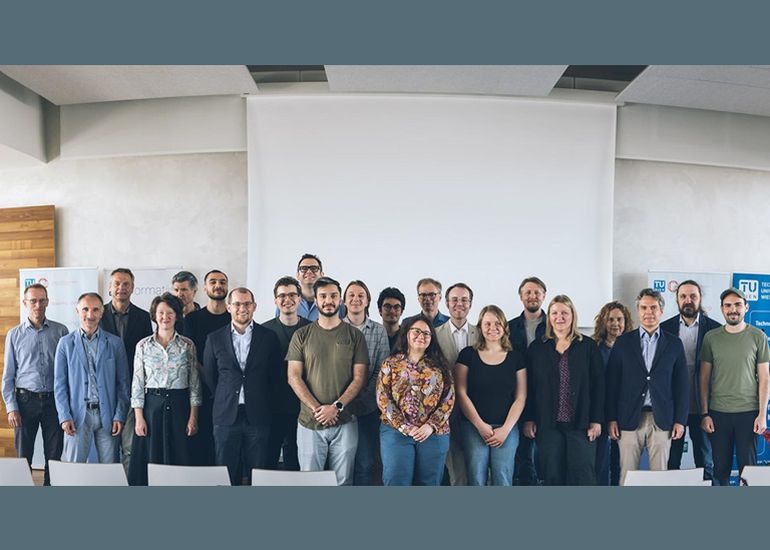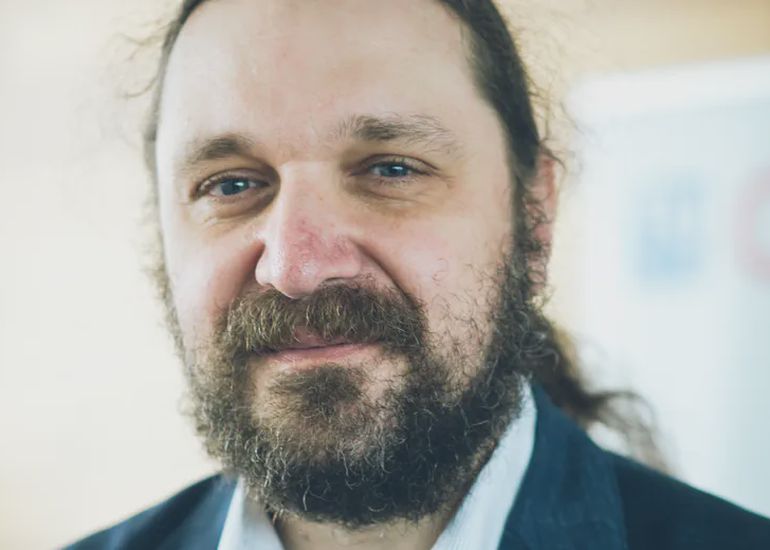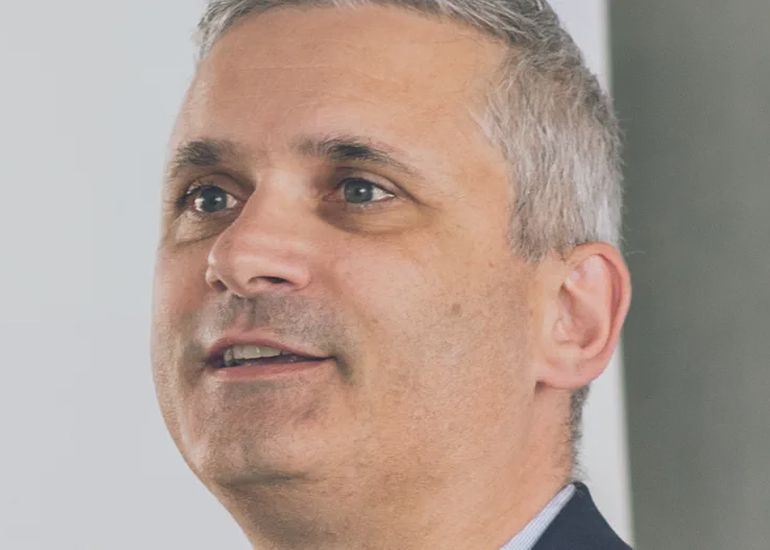iCAIML Doctoral College
We are thrilled to announce the launch of the new iCAIML Doctoral College “Innovative Combinations and Applications of Artificial Intelligence (AI) and Machine Learning (ML)”.

The Center of Artificial Intelligence and Machine Learning (CAIML) is proud to announce the launch of its new Doctoral College! This innovative Doctoral College wants to harness the power of sub-symbolic AI (ML) and symbolic AI (knowledge representation and reasoning, KRR). The focus of the Doctoral College will lie on investigating the combination of symbolic and sub-symbolic AI and how these combinations can be used to develop new applications for a wide range of domains. With this, the DC is also in synch with the recently awarded Cluster of Excellence for Bilateral AI (BILAI), which aims at developing a Broad AI by leveraging the synergies of symbolic and sub-symbolic AI.
Mission Driven Excellence in Research
At the heart of iCAIML’s mission are two key principles: first, the exploration of novel combinations of AI methods to investigate less explored application areas; and second, how the requirements for these new applications can guide and instruct basic research in AI. The new Doctoral College provides research training committed to excellence in the field of AI and ML, and the goal of the Doctoral College is to educate students to effectively tackle complex research problems in the realm of AI. In line with the Digital Humanism Initiative, responsiveness and reflexivity about the impact of the research conducted at iCAIML will be part and parcel of the training and education of doctoral students.
It’s however not just excellence in research that the new DC strives for: it is also dedicated to a sustainable exchange of know-how between university and industrial partners. For this reason, we are delighted that industry leaders FREQUENTIS and MCP will be sponsoring 1 full fellowship at the iCAIML Doctoral College, which further strengthens our relationship and collaborative ties with industry partners. iCAIML will be led by Stefan Woltran, head of CAIML, together with Sabine Andergassen, who is an Associate Professor for Machine Learning and Coordinator of the CAIML Special Interest Group Quantum Physics and will be serving as deputy for the Doctoral College.
What the Head of iCAIML & Industry Leaders have to say

Picture: Amélie Chapalain / TU Wien Informatics
At iCAIML, we want to push the boundaries of AI research and find new ways of combining different AI approaches. We want to strengthen existing foundational research, but we also want to focus on new applications. When you think about AI research and possible applications, it’s also very important to think about the explainability of AI and think about the ethical questions that come with it. At iCAIML, we try to put all those things together, and we train and educate young scientists to excel in their research as well as to think about the impact that their work has on society.

Picture: Amélie Chapalain / TU Wien Informatics
For us, the Doctoral College is the logical continuation of the Christian Doppler Laboratory which we have been running very successfully for the last 6 years. This CD laboratory has been one of the most important factors in our development over the last few years, and we have been able to build very good solutions for our customers based on the components from the CD laboratory, which work successfully in industrial practice. We have already been working on AI and we want to continue to do this, get better every year and we also want to combine new domains. In this way, we want to make a contribution to enabling our industrial customers to produce more sustainably and successfully.

Picture: Amélie Chapalain / TU Wien Informatics
The goal we are pursuing is to investigate the extent to which AI can be used for decision support systems in the field of air traffic control and, moreover, the extent to which explainable results can be achieved here. The problem with AI is that there is a great deal of intelligence hidden in these mathematical models, but it is very difficult to explain why a certain algorithm comes to a decision, and this is difficult for humans to understand. We now want to investigate this and want to see how this field has developed and to what extent it is useful for our areas of application.

